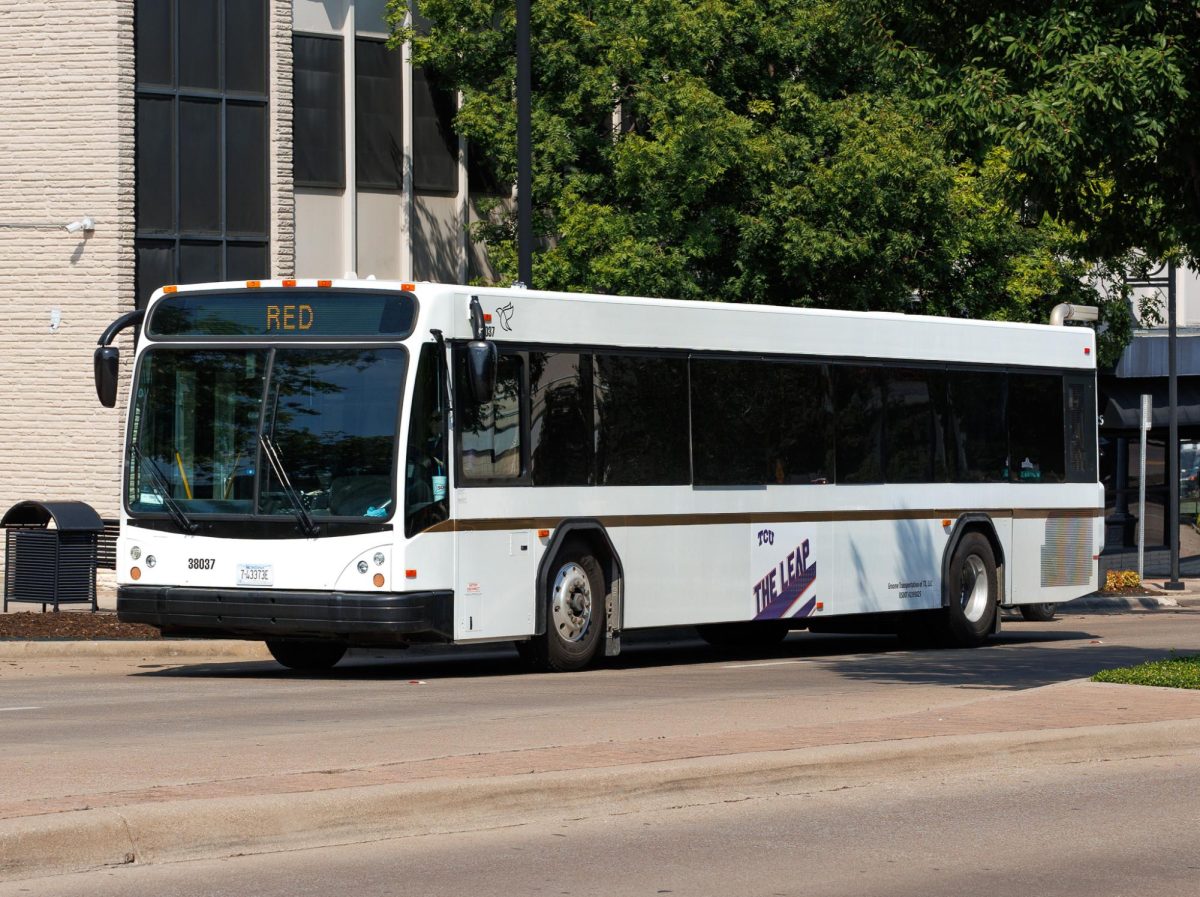With the recent debate about gay marriage in the Supreme Court and again on campus in relation to the recent BYX controversy, I believe the topic of gay rights merits further debate.
I have stumbled upon a discussion with a fellow Horned Frog in relation to the debate on gay rights. He fervently challenged the belief that gay rights were comparable to civil rights and spoke of how Martin Luther King, Jr. and Rosa Parks risked their lives in order to save African Americans from the struggles of the 20th century. Those struggles were brought upon by racism, bigotry and prejudice for which the African-American community faced verbal assault, injury and even death. He concluded that these men and women did not make these excruciating efforts for the homosexual community and provided a quote from Bernice King, King’s daughter, to illustrate his point, “My father did not take a bullet for same sex marriage.”
It is quite possible that those who were a part of the civil rights movement disagreed with the gay rights movement; however, that in no way makes the movement worthy of dismissal or disregard. As TCU students and members of the global community, our beliefs should never subside when considering ideals that are in conflict with our perspectives. Whether our spirituality and customs contradict our initial or ongoing support for gay rights, our comprehension of the issue must be brought to fruition if not for others, for ourselves.
What we must recognize is that with the presence of unjust laws and denigrating customs that subjugate members of our population we become ever more likely to be persecuted ourselves, as King has referenced. These are our brothers and sisters in the struggle for equity and justice. Too often our attitudes of comparison do as much damage as attempting to vilify the homosexual community itself. As TCU students, we cannot take simplistic perspective of complex situations. What we must do and in fact have done with women’s suffrage and civil rights is join together as people for equality and supporters of marginalized groups as opposed to several disjointed individual and incapable efforts.
Just as the homosexual community fought alongside women for the 19th Amendment, our brothers and sisters continue to fight alongside the civil rights movement today. We must be cognizant of the struggles of the homosexual community in their plight and eventual rise as equal members of our society. This struggle is far more than that of laws and courts. The psychosocial conditions that lie with being homosexual, whether you consider this a choice or biologically determined, are far more degrading than the laws that hinder progress themselves.
Imagine being unable to express your own identity in fear of persecution and death, to be refused service and employment and to be shunned by peers and family members.
When we come to realize not simply how the homosexual community affects our religious and personal affiliations, but moreover, how they are affected by us with our innumerable means for subverting them, then common ground, understanding and mercy can more readily be self-actualized.
Jonathan Davis is a senior political science and psychology double major from Niagara Falls, Ontario, Canada.




